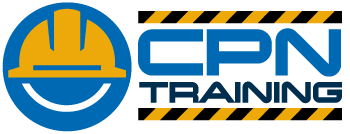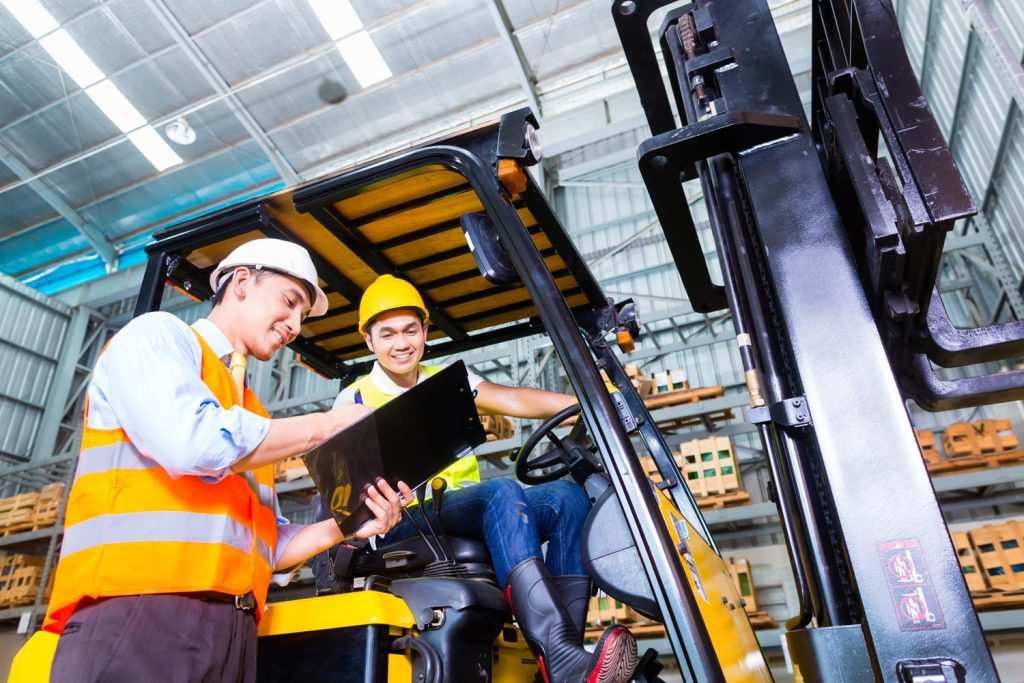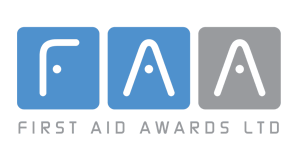Forklifts are used in many industries, construction, warehousing and logistics. They help businesses to move heavy loads efficiently and keep operations running smoothly.
But using forklifts incorrectly can lead to accidents, injuries and even fatalities so proper training is a necessity not a choice. Understanding the key skills for safe and effective forklift operation is vital for anyone working in an environment where these machines are used.
Investing in forklift training not only ensures compliance with health and safety regulations but also improves workplace efficiency. Trained operators are more confident, competent and can handle forklifts in any conditions.
In this blog we’ll look at the essential skills required for safe and effective forklift operation, covering safety, handling, communication and the benefits of professional training.
Forklift Operations
Forklifts come in many types, each designed for specific tasks. Counterbalance forklifts, reach trucks and rough terrain forklifts are just a few examples used in different industries.
Knowing the right forklift for the job is crucial as it directly affects safety and efficiency.
Operators also need to understand the basic controls, lifting mechanisms, steering and braking to handle the forklift smoothly and precisely.
In the UK forklift operators must meet certain legal requirements to operate these machines safely.
Accreditation schemes like NPORS (National Plant Operators Registration Scheme) and RTITB (Road Transport Industry Training Board) provide structured training and certification.
These programmes ensure operators are competent in forklift handling, risk assessment and workplace safety, reducing the chances of accidents and equipment damage.
Safety Skills
One of the most important parts of forklift training is learning how to do pre-use inspections and routine maintenance. Before starting a shift operators should check for mechanical issues, faulty brakes, hydraulic leaks and tyre wear.
Identifying and fixing these problems early prevents potential hazards and keeps the forklift in good working order.
Safe loading and unloading techniques are just as important. Overloading a forklift or loading incorrectly can cause the machine to tip over and put the operator and nearby workers at risk.
Knowing load limits, securing materials correctly and using the right attachments for different loads all contribute to a safer working environment.
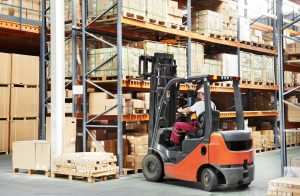
Forklift Handling Techniques
Handling a forklift requires finesse and control. One of the key skills operators need to develop is to lift and lower loads safely. This means positioning the forks correctly, lifting loads smoothly and not making sudden movements that could tip the machine over.
Operators should also keep loads as low as possible while moving to maintain stability.
Working in different environments presents different challenges. Indoor operations often require tight turns and careful manoeuvring in tight spaces, while outdoor environments may involve uneven terrain and weather hazards.
A Skilled operator knows how to adapt their driving techniques to any situation to be efficient and safe.
Communication and Awareness
Clear communication is key to safe forklift operation, especially in busy workplaces. Operators need to be aware of their surroundings and use the right signals to alert other workers. Hand signals, horn use and flashing lights are used to indicate movement and prevent accidents.
Operators should also make eye contact with pedestrians and other workers before moving.
Situational awareness goes beyond communication – it involves actively anticipating hazards. Blind spots, pedestrian traffic and obstructions can all be risks if not accounted for.
By being vigilant and scanning the environment all the time forklift operators can reduce the chance of collisions and workplace incidents.
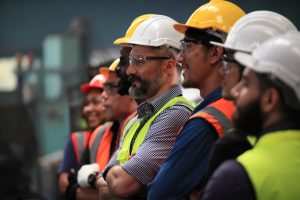
Benefits of Professional Forklift Training
Investing in professional forklift training has many benefits for both individuals and businesses. A trained operator is less likely to be in an accident, reducing workplace injuries and downtime due to equipment damage.
Proper training also improves efficiency as skilled operators can do the job faster and more precisely.
For those looking to progress in their career forklift training enhances employability and job security. Many employers prefer candidates with recognised certifications as they show commitment to safety and professional development.
By getting qualifications from accredited training providers individuals can open up better job opportunities and long-term career growth.
Conclusion
Forklift training is essential for safety, efficiency and legal compliance in the workplace.
Knowing the different types of forklifts, mastering handling techniques and developing good communication skills all contribute to being a competent operator.
Investing in proper training benefits individuals and helps businesses create a safer and more productive working environment. Join a certified course today!
